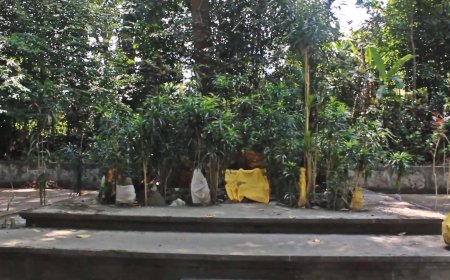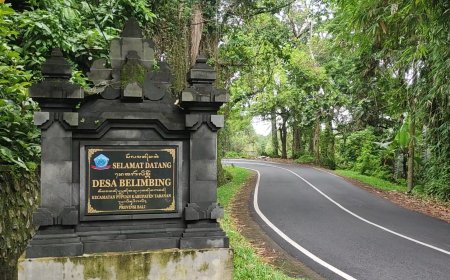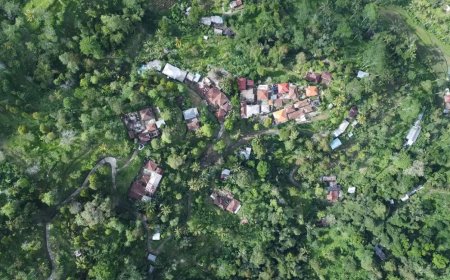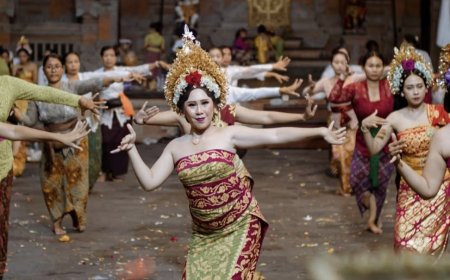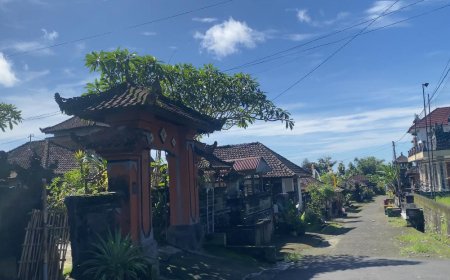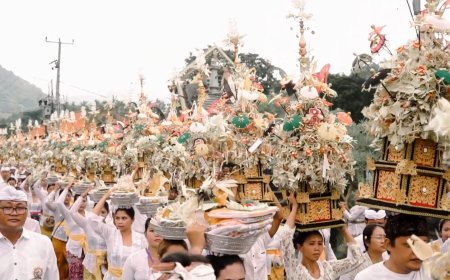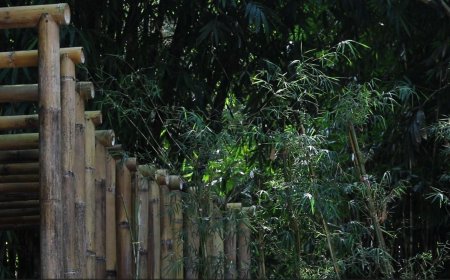Exploring Local Wisdom: The Symbolic Role of White Ox Tradition in Taro Traditional Village
Desa Adat Taro, a hidden cultural gem in Gianyar Regency, Bali, upholds their traditions and local wisdom through a sacred celebration known as the White Ox Tradition. Every year, the people of Taro Village celebrate the presence of the White Ox with a series of ceremonies and processions that hold a deep symbolic role in their lives and beliefs, besides that in Taro Traditional Village also has Biotaro which is a briquette planting medium, Biotaro is a concept that includes environmental management and nature conservation in Taro Traditional Village.
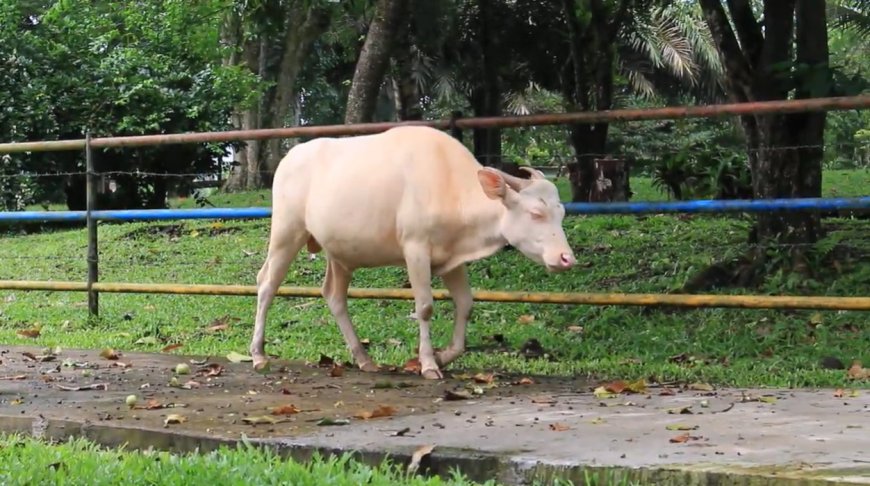
Historical Traces of the White Ox Tradition
The origins of the White Ox Tradition in Taro Village stretch deep into Bali's cultural and spiritual heritage. Associated with Lord Vishnu in Hindu tradition, the White Ox is considered the guardian and bringer of blessings. Legends and folklore about this sacred ox become a legacy that is guarded with great reverence by the locals.
The Procession of Veneration and Respect
Each stage of the White Ox Tradition procession begins with worship at the Village Temple. The village temple, as the main center of worship, is where the priest and traditional leaders lead the ceremony solemnly. Offerings and special mantras are given as a form of respect to Lord Vishnu, while asking for protection and blessings for the entire village.
Philosophical Roots and Symbolism
The White Ox tradition in Taro Village not only celebrates religious diversity, but also contains deep philosophical meaning. The White Ox, as a symbol of Lord Vishnu, is considered a spiritual guardian and bringer of harmony. This symbolism includes the symbolism of fertility, natural balance, and protection against negative energy that may threaten people's lives.
Local Wisdom in the Changing Times
In the midst of modernization, the people of Taro Village diligently maintain their local wisdom. The White Ox tradition is not just a historical ritual, but also a living work of art that continues to adapt to the changing times. The village youth are actively involved in ensuring the sustainability of this tradition, uniting ancestral values with the demands of the times.
The Importance of Tradition for Village Identity
The White Ox tradition is not just a religious ceremony, it is also at the core of Taro Village's identity. The celebration creates strong bonds among villagers, strengthens solidarity, and makes them custodians of a living culture. In this celebration, each individual feels responsible for preserving and continuing their rich cultural heritage.
The White Ox tradition in Taro Village is a spiritual and symbolic journey that reflects the local wisdom and cultural diversity of Bali. Through its symbolic role, this tradition not only reflects ancestral heritage, but also becomes an invaluable social glue and village identity. By delving deeper into this local wisdom, Taro Village proves that tradition can be a spiritual guide in the face of changing times, guiding them towards a harmonious and sustainable future.
Biotaro Briquette Growing Media (Source: Personal Collection)
Taro Village, where the White Ox Tradition developed, also has another interesting characteristic, namely Biotaro. Biotaro is a concept that includes environmental management and nature conservation in Taro Village. The following is an explanation of Biotaro.
1. The Concept of Environmental Sustainability
Biotaro is not only a religious ceremony and procession, but also includes efforts to preserve nature and environmental sustainability. The people of Taro Village implement the principles of sustainability in their daily activities, in line with the traditional values they uphold.
2. Sustainable Agriculture
Taro Village practices organic and sustainable agriculture as part of the Biotaro concept. They avoid the use of harmful chemicals and adopt environmentally friendly traditional methods to maintain the balance of their agricultural ecosystem.
3. Waste Management
One important aspect of Biotaro is waste management. The Taro Village community is active in recycling and plastic waste reduction programs. They adopt the principle of "reduce, recycle and reuse" as part of their efforts to keep the environment clean and healthy.
4. Environmental Education
Biotaro also includes an environmental education program in Taro Village. Local communities are involved in counseling and training activities to raise awareness of the importance of protecting nature. This aims to teach the younger generation the values of sustainability and care for the environment.
5. Nature Conservation
Taro Village holds the principle of nature conservation as part of Biotaro. They maintain the authenticity of the land and forests around the village, ensuring the sustainability of the ecosystem for the future. This includes preserving local flora and fauna, including plants and animals that are considered symbols of local wisdom.
Through the Biotaro concept, Taro Village not only upholds religious traditions, but also plays an active role in maintaining environmental sustainability. Biotaro is clear evidence that local wisdom can be integrated into nature conservation efforts, creating harmony between cultural traditions and ecological sustainability. As part of Taro Village's admirably preserved heritage, Biotaro is a pioneer in inspiring other communities to adopt environmentally friendly and sustainable practices.
